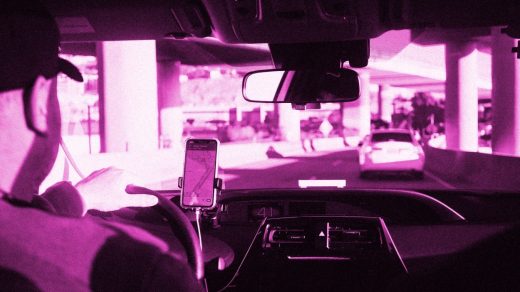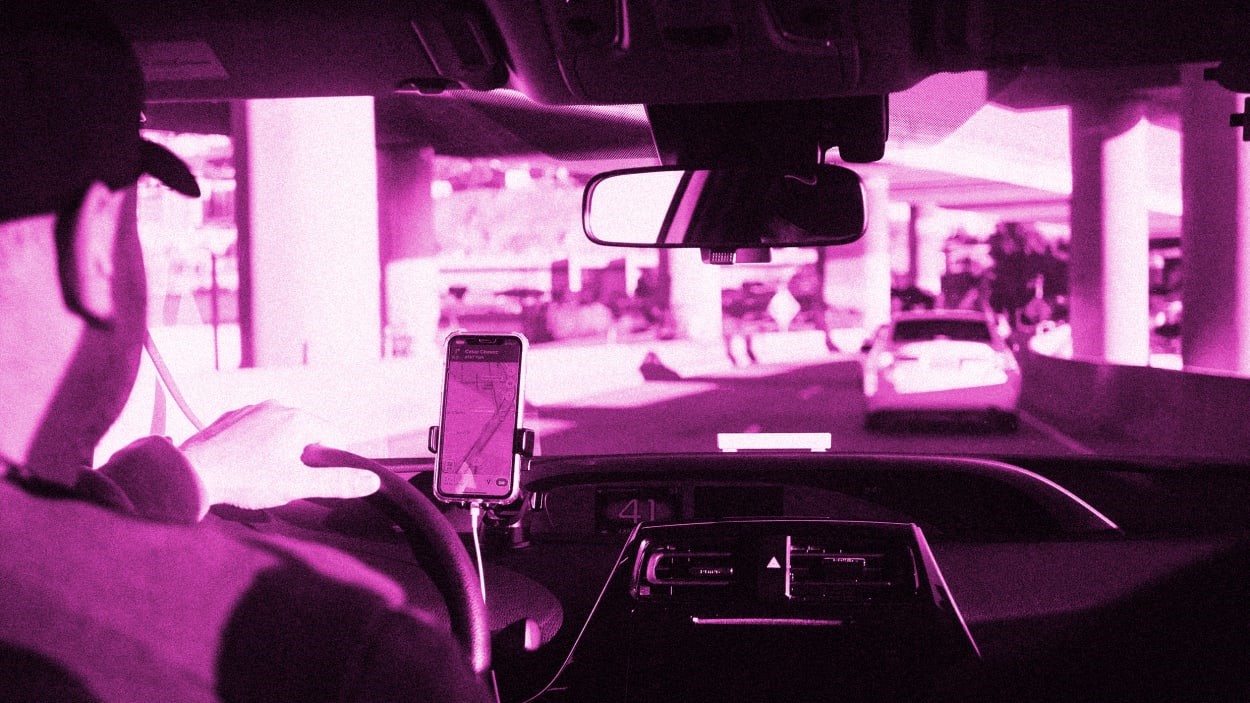Lyft will offer credits to airport travelers whose driver is late during the holidays
Lyft is betting that its scheduled-ride service will make holiday travel a breeze—otherwise, it’s willing to compensate travelers for their trouble.
The rideshare company said Thursday that customers who are not picked up on time for scheduled rides to airports will automatically get $20 in Lyft credits if a driver is more than 10 minutes late, or $50 if they’re not matched with a driver 10 minutes after the scheduled pick-up time. Lyft will also reimburse riders up to $50 in credits if they end up needing to take a taxi or an Uber due to the delay.
Lyft expects to pay drivers about 10% more per scheduled airport ride as part of a way to incentivize them to pick up these trips and be on time. The current rate of on-time scheduled rides varies widely, with some cities offering a 95% success rate and others “much less than that,” CEO David Risher tells Fast Company.
The rollout is part of Risher’s efforts to improve Lyft’s core service as the company works to retain customers and gain market share. Risher took over as CEO in April and has often discussed a need for the company to focus on its core function: getting customers places and doing that well. Its rival, Uber, was able to quickly rebound from its pandemic lows thanks to its food-delivery segment. Lyft, meanwhile, focuses solely on transporting people. Risher led a round of layoffs shortly after taking over, which he said would allow the company to lower its fares to compete with Uber.
“The most successful [companies] are the ones that are obsessed by their customers,” Risher says.
Lyft is also rolling out an “extra comfort” mode, which Risher equates to an airline’s economy-plus section. A customer may not be able to shell out for a first-class experience, but they could put down a couple of extra dollars to make a ride more comfortable.
“We actually don’t really consider it to be sort of a super luxury product, we consider it to be a really affordable upgrade at a time in your life when . . . you’re going through a lot of stress,” Risher says, referring to the holiday rollout.
The holiday season is an especially busy time for travel firms, with millions of customers hopping on planes or into cars to visit family and friends. Tensions are also high, which Risher says motivates Lyft to provide passengers with an even better experience.
“Just as much as the volume [rising], it’s the sort of emotional intensity that people are going through when they’re taking these rides,” he says. A company trying to woo and retain customers could theoretically have more at risk during high-stress times if a driver is late or doesn’t show up and a customer turns to the competition instead, perhaps indefinitely.
“At the holidays, everybody is under stress,” Risher says. “It’s such a funny thing, because it’s the most wonderful time of the year, except for the fact that it’s the worst time of the year. We can’t solve all the problems . . . but we can solve . . . the transportation experience.”
(22)



